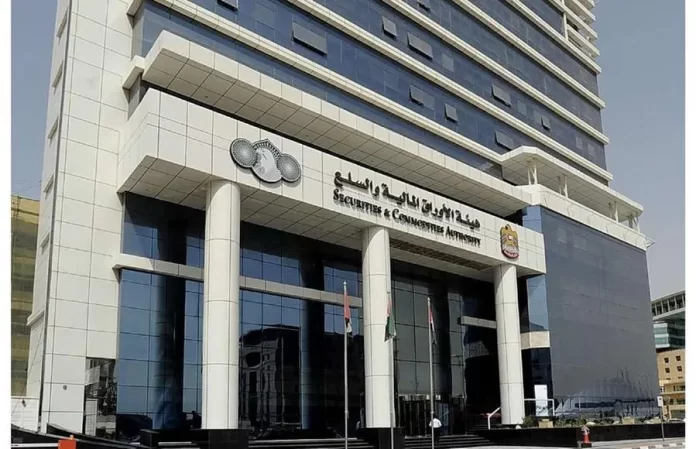The African Energy Chamber (AEC), the voice of the African energy sector – is sponsoring a workshop led by Nigeria’s National Judicial Institute (NJI). The workshop – held under the theme Innovations Under the Petroleum Industry Act 2021 and their Implications in Adjudication and in partnership with Investin234 Promotion Services Limited – aims to equip members of the Nigerian judiciary with comprehensive knowledge of the recent changes in the oil and gas sector brought about by the Petroleum Industry Act (PIA) of 2021. This initiative is essential for creating an enabling environment, ensuring the sanctity of contracts and restoring both investor and citizen confidence in Nigeria’s oil and gas industry.
The AEC’s sponsorship aligns with its strategic focus on promoting research and development in the petroleum and gas sectors. The workshop offers a platform for the Nigerian legal industry to enhance investor confidence, promote Nigerian content in oil and gas disputes, and provide valuable industry feedback to the judiciary. For the AEC, sponsoring this workshop is more than just a gesture of support; it is a strategic move to fortify the judicial framework that underpins the energy sector.
The International Chamber of Commerce in Nigeria estimates that Africa loses billions of dollars annually to business arbitrations conducted abroad. This is due to delays in the court process and a lack of sector-specific knowledge among adjudicators, which hampers the Nigerian economy and undermines local content aspirations. The Petroleum Industry Act 2021 – a framework for the oil and gas industry – introduces major changes in fiscal requirements, regulatory frameworks and governance structures. For these changes to be effective, the judiciary must be well-versed in the new regulatory environment and its implications. The AEC believes a knowledgeable judiciary is crucial for resolving disputes efficiently within Nigeria and the rest of Africa, saving costs, enhancing investor confidence and promoting local content by keeping arbitration and its benefits within the country.
“A well-informed judiciary not only ensures fair adjudication but also fosters an environment conducive to sustainable investment and equitable growth,” states NJ Ayuk Executive Chairman of the AEC. “This collaborative effort between the energy sector and the judiciary not only strengthens the rule of law but also promotes transparency and accountability, essential pillars for fostering a thriving energy ecosystem in Nigeria and beyond.”
Bringing the judiciary up to speed with oil industry regulations is critical, especially in light of major developments such as Golar LNG’s recently launched FLNG project in the country. On June 10, the Nigerian National Petroleum Corporation signed a Project Development Agreement with LNG company Golar LNG for a FLNG facility offshore the Niger Delta. The project aims to monetize 400-500 million standard cubic feet per day (mmscf/d) of gas. Additionally, Nigeria recently commenced operations for three gas projects, including the expanded AHL Gas Processing Plant, the ANOH Gas Processing Plant and the 23.3km ANOH to Obiafu-Obrikom-Oben Custody Transfer Metering Station Gas Pipeline. These projects aim to collectively supply approximately 500 mmscf/d of gas to the domestic market, resulting in a 25% increase in gas supply.
Recently launched, Nigeria’s latest licensing round introduces 12 deep offshore and shallow water oil blocks, incorporating five blocks from the previous year’s round. Open for bidding until January 2025, the licensing round aims to attract both local and international explorers to the country’s acreage, with the overarching goal of expanding its reserve base and optimizing production.
In light of these initiatives, it is clear that judicial comprehension and adherence to regulations play a pivotal role. A robust legal framework ensures the fair allocation of licenses, transparent bidding processes, and the enforcement of contractual obligations. Moreover, regulations provide the necessary guidance for exploration activities, safeguarding environmental sustainability and ensuring compliance with industry standards.





